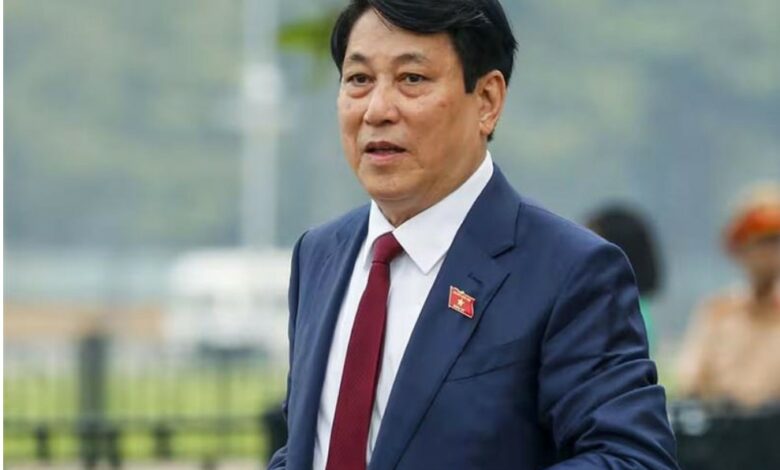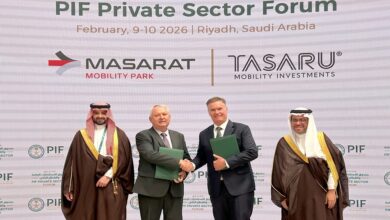
Edit : Maher badr
Vietnamese President Luong Cuong’s state visit to Egypt from 3 to 6 August holds strategic significance and is expected to exert a lasting impact on the advancement of bilateral relations, as both nations embark on a new era of growth and development, according to Vietnamese Ambassador to Egypt Nguyen Huy Dung.
This would be the first state visit by a Vietnamese president to Egypt in seven years, since President Tran Dai Quang’s trip in 2018.
In an interview with Vietnam Plus, Dung said the visit is expected to serve as a driving force and open a new phase of cooperation—particularly in the fields of economy and trade—between Vietnam and Egypt, as well as with other African nations.
President Cuong is scheduled to hold talks with his Egyptian counterpart, Abdel-Fattah El-Sisi; meet with Prime Minister Mostafa Madbouly, Senate President Abdel-Wahab Abdel-Razeq, and House of Representatives Speaker Hanafy El-Gebaly; and deliver a policy speech at the headquarters of the Arab League. He will also meet with staff of the Vietnamese Embassy and relevant agencies, along with representatives of the Vietnamese community in Egypt.
Since the establishment of diplomatic relations in 1963, the traditional friendship between the two countries has achieved remarkable progress across various fields, grounded in friendship, equality, mutual respect, and win-win cooperation for the benefit of both peoples.
To further enhance political trust and elevate bilateral relations more comprehensively and substantively, both sides expect to upgrade their ties to a Comprehensive Partnership during the visit, opening up new avenues for cooperation and deepening the friendship toward a shared, prosperous future.
They will also seek to develop and better utilize new cooperation mechanisms based on respect for international law, independence, sovereignty, territorial integrity, and each country’s political system, the ambassador noted.
Dung highlighted that Egypt was the first North African country to officially recognize Vietnam as a full market economy in November 2013.
Egypt is also an important market for Vietnam in the region, with bilateral trade reaching USD 541.36 million in 2024, the highest in North Africa. Of that amount, Vietnam recorded a trade surplus of USD 472.63 million.
Currently, one Vietnamese enterprise is investing in Egypt with a total capital of about USD 30 million, and a Vietnamese garment company has established a joint venture with an Egyptian partner. By the end of 2024, Vietnamese commercial banks had set up 46 dealer relationships with Egyptian banks, with total two-way payment and remittance transactions reaching approximately USD 235 million—the highest in the African region.
Meanwhile, Egypt now has 22 investment projects registered in Vietnam, with a total capital of around USD 2.78 million.
Dung also pointed to growing cooperation between the two countries’ localities and highlighted education collaboration, including scholarships offered by Egypt for Vietnamese students to study Arabic.
Within multilateral frameworks, the two nations have maintained close coordination and mutual support at forums such as the United Nations (UN), the Non-Aligned Movement (NAM), the African Union (AU), and the Association of Southeast Asian Nations (ASEAN). They continue to coordinate and support each other in multilateral settings while serving as bridges to enhance each other’s cooperation with ASEAN and Arab countries, for the benefit of both peoples and peace, cooperation, and development across both regions.
He added that Vietnam can access the Middle East and North Africa (MENA) market through Egypt, given its strategic location at the crossroads of Asia, Africa, and Europe. In return, Egypt can regard Vietnam as a gateway to the vast ASEAN market.
The two countries also have the potential to serve as strategic bridges between ASEAN and MENA, particularly in the areas of multilateral diplomacy, trade, investment, infrastructure connectivity, logistics, culture, education, and tourism, Dung concluded.





